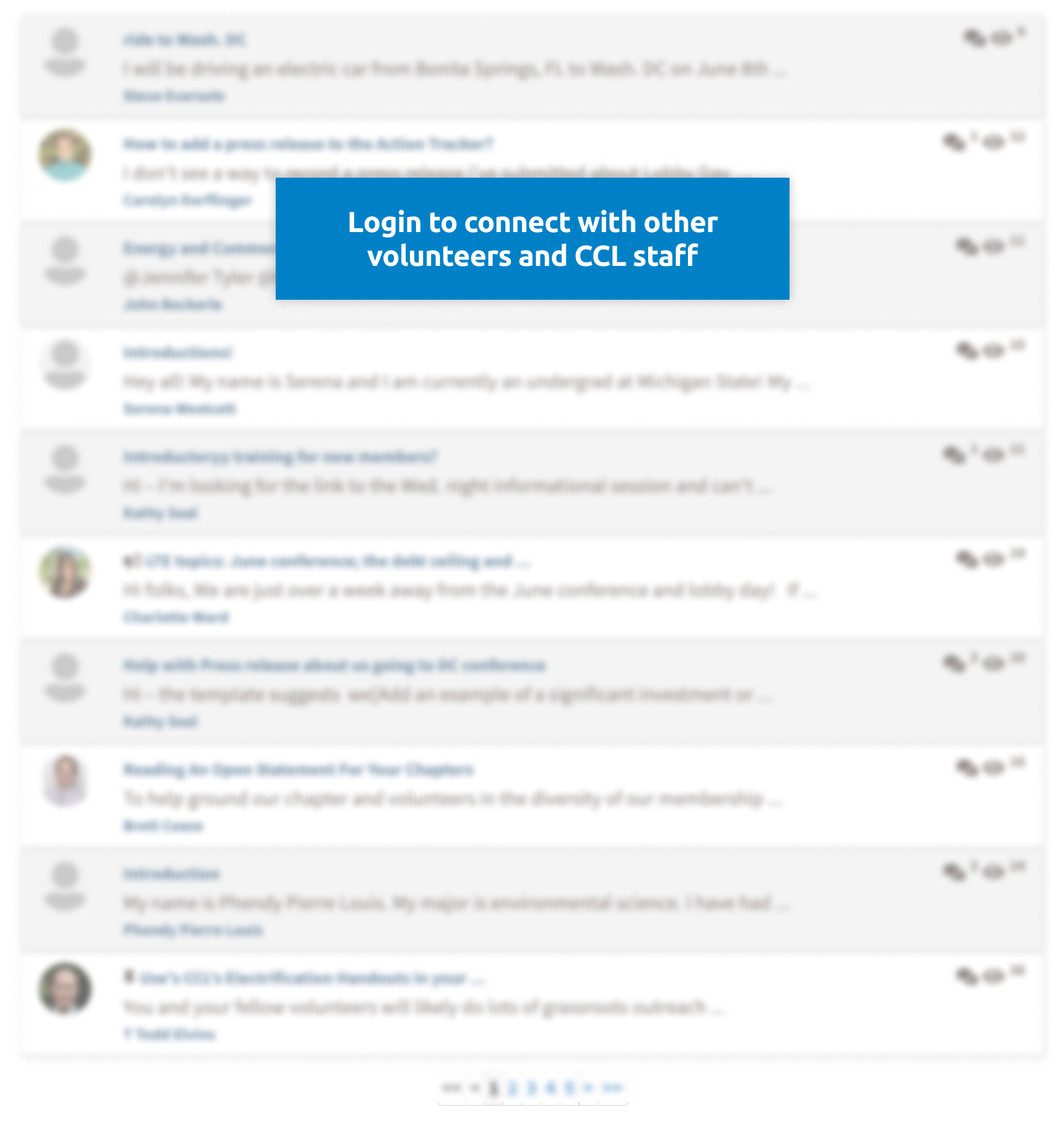Login
List of Events
Sort By Date
Starts:
01/18/2026 11:00am PST
Starts:
01/18/2026 3:00pm PST
Starts:
01/18/2026 4:00pm PST
Starts:
01/19/2026 7:00am PST
Starts:
01/19/2026 3:00pm PST
Featured Recent Discussion
